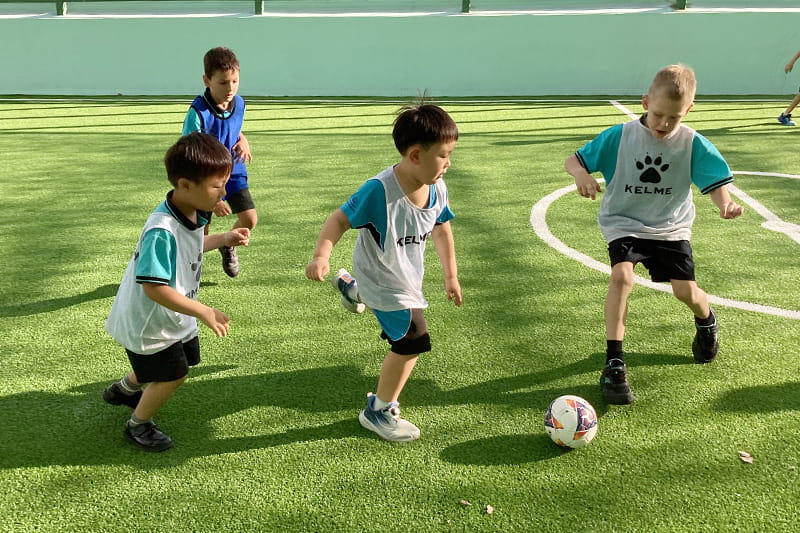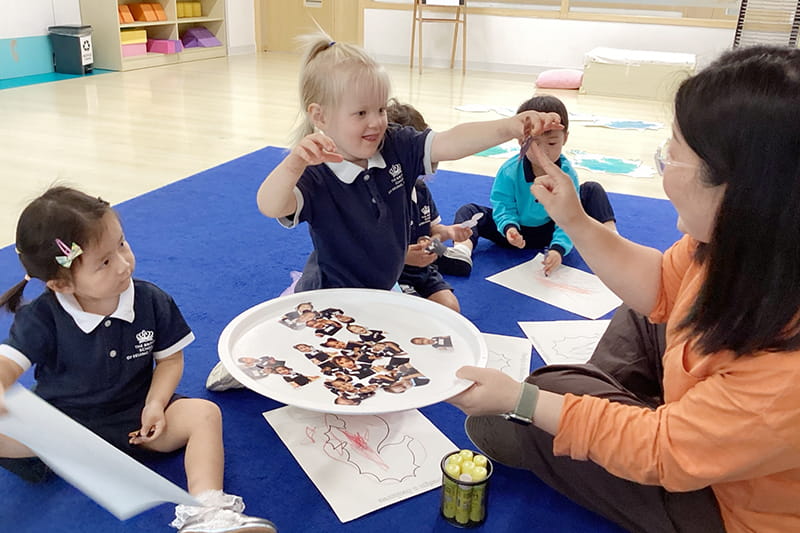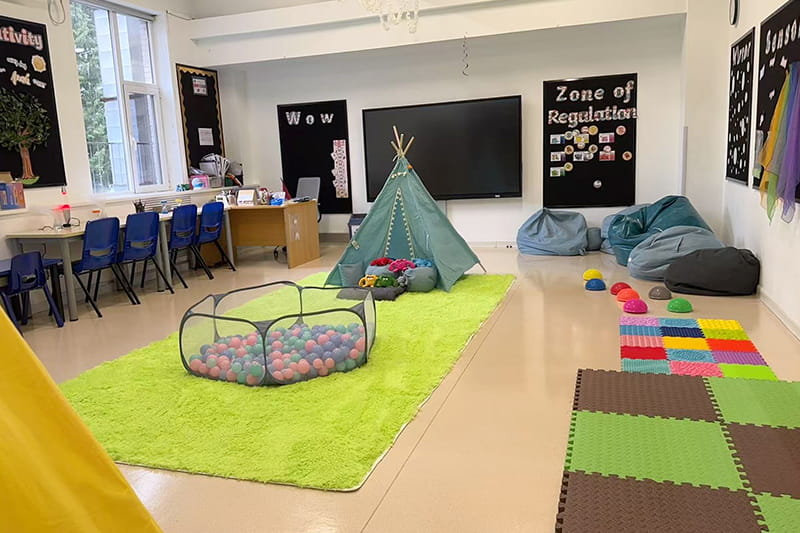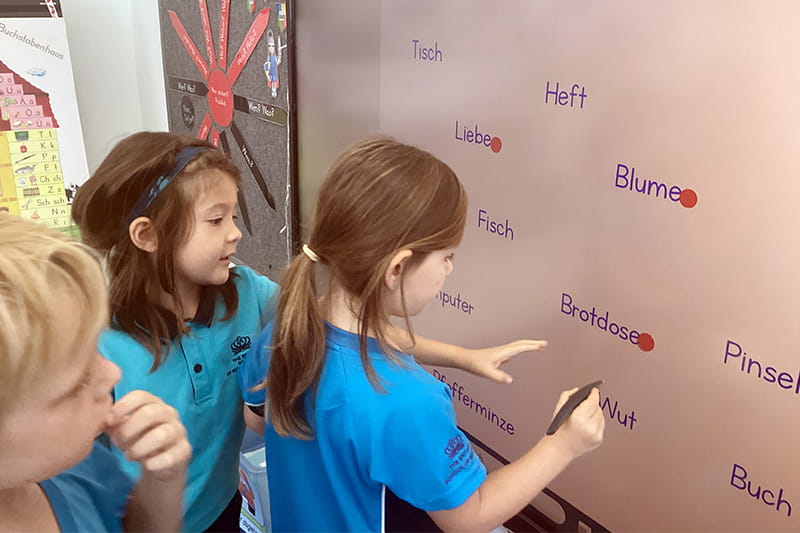During STEAM Week, Year 2 embarked on an extraordinary hands-on learning journey that combined Science, Technology, Engineering, Art, and Mathematics—the pillars of STEAM. STEAM education encourages curiosity, creative risk-taking, and problem-solving, helping children build the essential skills they need for the future. But more than that, it brings learning to life in a way that is exciting, meaningful, and memorable.

Our focus this term has also included Design and Technology (D&T), where we’ve been learning about simple machines—including levers, pulleys, inclined planes, screws, wedges, and wheels and axles. These concepts were perfectly integrated into our STEAM project, which centred around the delightfully imaginative inventions of Rube Goldberg. The children discovered how Rube’s machines perform very simple tasks—like turning on a light or knocking over a cup—in the most ridiculously complicated ways possible! They were instantly inspired to create wild and wonderful machines of their own.
Working in small groups, our budding engineers chose a task and began designing a Rube Goldberg-style machine that would complete it using only simple machines, provided materials, and recycled items from home. From sketching ideas to testing ramps and balancing levers, the classroom buzzed with creativity and energy. Cross-curricular learning came alive as children applied D&T concepts practically, used measurement and sequencing from maths, collaborated like engineers, and communicated ideas clearly as young designers and presenters.

What made this week especially powerful was not just the inventiveness of the machines, but the resilience and teamwork the children displayed throughout. When their creations didn’t quite work the first (or even fifth) time, they didn’t give up. Instead, they reflected, redesigned, and rebuilt. Every group experienced the real design process: plan, prototype, fail, adapt, and try again. They supported one another, divided responsibilities, and celebrated every tiny success along the way. Through it all, they also developed a greater understanding of sustainability by using recycled and repurposed materials, highlighting the value of reusing items in creative and practical ways.

To conclude the week, the children proudly presented their machines to one another, explaining the steps in their process and identifying the simple machines they used. Watching their faces light up with pride (and sometimes surprise when it worked!) was a joyful reminder of how powerful experiential learning can be. STEAM Week has reminded us that children are natural creators and problem-solvers when given the space to explore and the freedom to fail forward.
Click here to watch a video of their final work.

From domino drops to tipping teacups, Year 2 truly became machine-making masterminds. And the best part? They learned that the journey is just as exciting as the end result.
By Annelize Engelbrecht
Year 2 Meerkats Class Teacher









